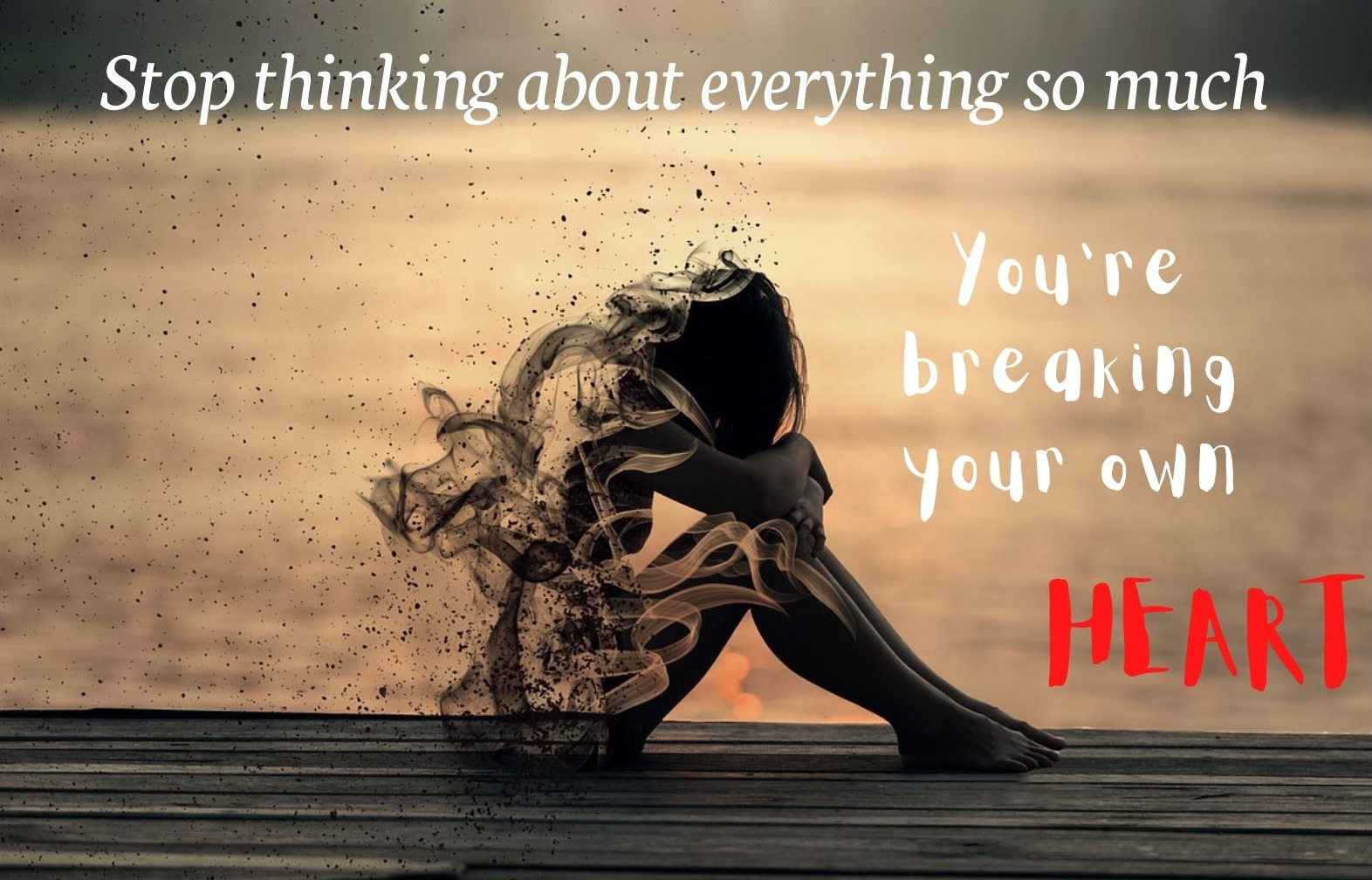Cut Some Slack

I have a theory: I believe writers are by nature, more observant and aware of what’s going on around them than ‘normal’ people. So changes and threats in their environment hit them harder. That’s not science, just a personal observation of mine, but I believe if you poll your writer friends, they may be struggling.
See, we create people and worlds out of nothing. In our books, we are Gods (except when a rogue character hijacks the story, but that’s a different blog). That makes us control freaks, because we’re ultimately responsible for how everything turns out. Who knew there was a downside to being a God? Well, there is. Because most of what’s happening this year is out of even a writer-God’s control.
And we are so not comfortable with that. I don’t know about you, but some days, it feels like my nerves are on the outside of my skin.
But the hardest part is that my subconscious is overrun with things that have become super-sized: politics, vaccines, job security, tele-teaching, news, safety concerns, health . . . the list goes on and on.
And the subconscious is where we do our work. It’s where we get our ideas. I’m still getting an idea now and again, but they’re as scattered as my other thoughts – here, then gone.
I’m even having a hard time focusing long enough to read a normally riveting book. Which is especially scary for a writer, because books are where we live a good portion of our lives.
This is where the ‘meat’ of the blog should be. The takeaway. The brilliance about what to DO about the problem.

Well, maybe not completely nothing.
What do you do when you don’t have control? No, not run in circles, screaming, overthink, or stress until you can’t sleep.
You Let Go
Yeah, I hear you. Easier said than done, right? Not really. If you can’t control it, you can’t fix it. So the only thing left to do is to find a place to put it in your mind where you’re not pulling out the problem and going over and over it all day. How do you do that?
- Study the problem. Fix what you can. Do what IS in your power to change
- Once you’ve done that, your job is to stay chill. No, I mean it. When you pull out those damned beads and start going over them yet again, make yourself stop. It’s about being aware of what you’re doing
- When you catch yourself, close your eyes. Focus on the top of your head, the muscles in your ears, the muscles of the skin of your face. Let them go
- Be aware of your posture – the set of your spine and shoulders – let them go
- Move down your body like this, releasing muscle tension
- By the time you’re done, you’re relaxed.
Has this solved your problem? No. But you’ve already determined your problem is unsolvable, so who cares? It’s about getting through as emotionally intact as possible.
Lather-rinse-repeat. I’ve been known to do this over ten times a day. It keeps me grounded, and stops the endless loop in my head. It’s hard work to be aware, you say? Yeah, but what else do you have to do? Your mind is going to stay occupied by something, why not make it something positive?
I’m a workhorse. If I’m breathing, I’m writing. That’s not possible for me right now. I can only focus for short bursts. And I do take advantage of those, but that’s all I can do. I have to let the rest go.
I thank God I’m not under contract right now – but even if you are, you can only do what you can do. If you turn in a project late, I guarantee, you won’t be the only one. Communicate with the editor/publisher/gatekeeper. They may not like it, but they will understand.
After all, they have no control either.
Cut yourself some slack. You’ll be in better shape and able to pick everything up on the other side of all this.
I wish you peace.
Sweet dreams to all the Gods out there.

Do you have any tips for us? How do you deal with the everyday emotional strain?
[…] Many writers are experiencing exhaustion, frustration, and lack of creativity right now. Heather Webb discusses managing expectations one book at a time, and Laura Drake urges us to cut ourselves some slack. […]